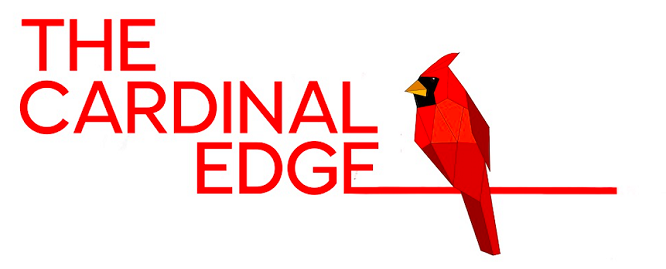
Program/Event
Arts and Research Showcase 2023
Abstract
Almost 50% of the adult population older than 30 years of age suffers from some form of periodontitis, a chronic inflammatory disease of the periodontal tissue caused by microbial subversion of the host immune response. Neutrophils are the most abundant leukocyte present in the oral mucosa. In periodontitis, periodontal pathogens have developed strategies to evade neutrophil antimicrobial responses and promote bacterial growth. Among these oral pathogens is Filifactor alocis which can modulate neutrophils’ antimicrobial responses by preventing phagosome maturation. During inflammation, neutrophils that reach the gingival tissue are primed by cytokines and chemokines. However, the response of primed human neutrophils to F. alocis is currently unknown. To address this gap in knowledge, human neutrophils were primed with TNF-α, an established priming agent, and the kinetics of phagocytosis and intracellular ROS production in response to serum opsonized F. alocis were tested. Our results showed a significant increase in phagocytosis of F. alocisby TNF-α-primed neutrophils compared to unprimed cells. However, the significant increase in bacteria uptake was not accompanied by increased ROS production. F. alocis significantly downregulated the respiratory burst response in human neutrophils independently of priming with TNF-α. Interestingly, priming of neutrophils with IL-8 did not result in a significant increase in phagocytosis of F. alocis, but IL-8-primed neutrophils did have a similar ROS phenotype to TNF-α-primed neutrophils. This suggests dome ability of F. alcois to modulate the phagocytic ability of IL-8-primed neutrophils. Future studies will aim to characterize F. alocis’ virulence factors that modulate neutrophil responses.
Recommended Citation
Snider, Ian J.; Vashishta, Aruna; Lamont, Richard J.; and Uriarte, Silvia M.
(2021)
"The emerging oral pathogen, Filifactor alocis, modulates antimicrobial responses of primed human neutrophils.,"
The Cardinal Edge: Vol. 1:
Iss.
4, Article 32.
Available at:
https://ir.library.louisville.edu/tce/vol1/iss4/32
